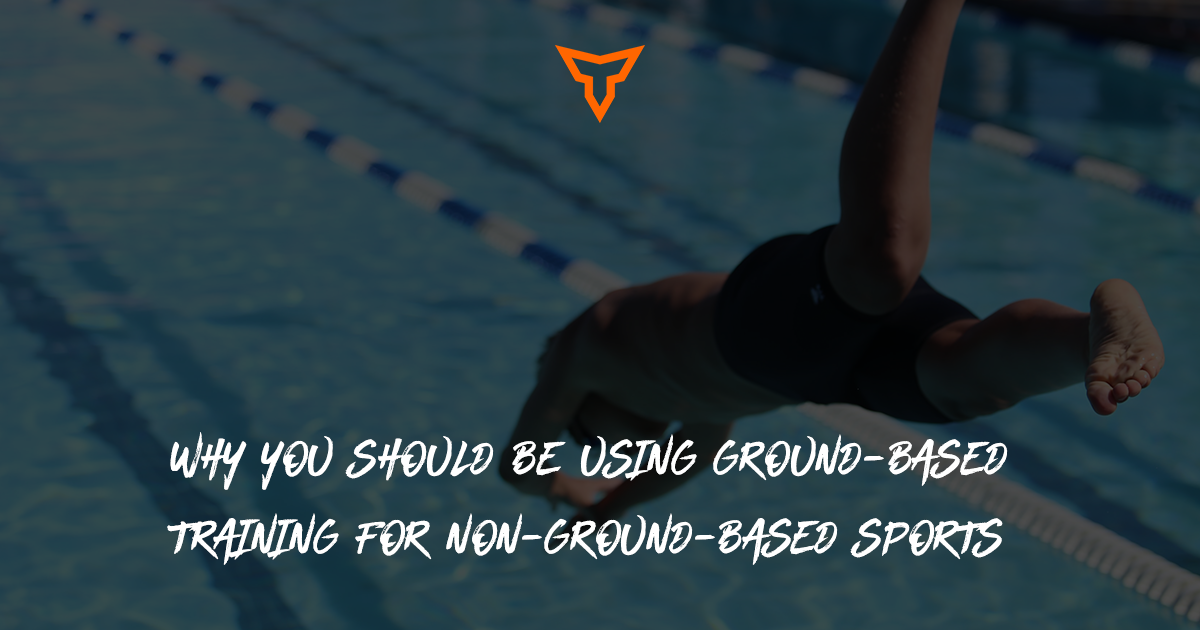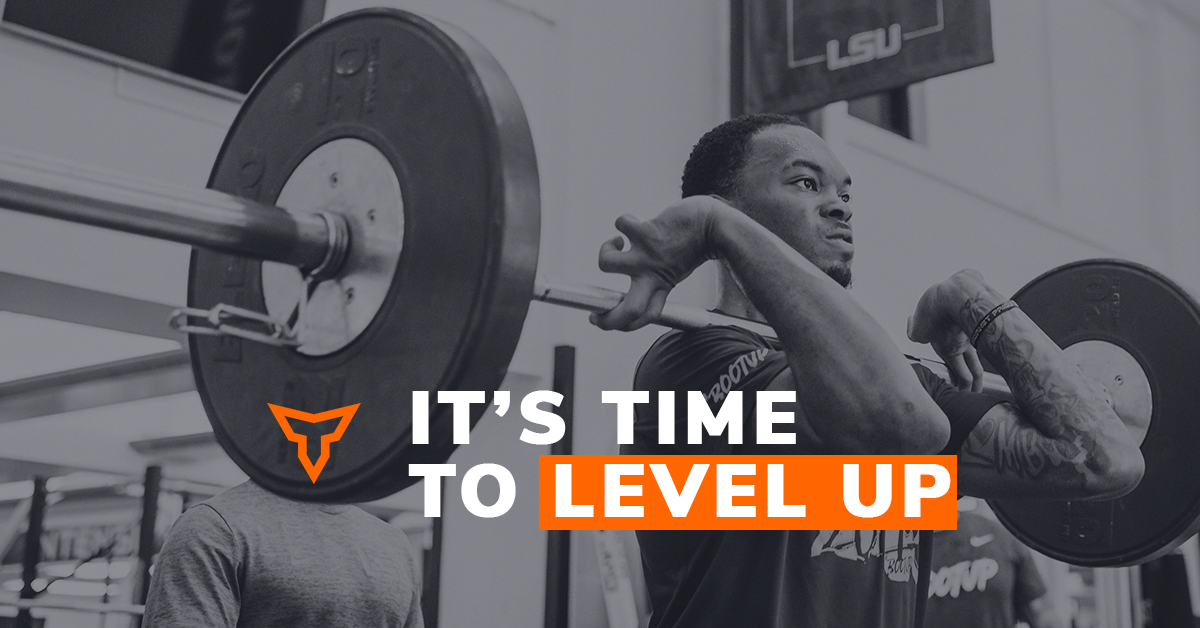Are Strength Coaches Scared of Sports Specific Skill Training?
To tackle this topic I think a better question would be why might a strength coach be afraid to include sports specific training in their programming? As anyone can imagine it can be intimidating to coach skills outside of one’s expertise. Below are some valid reasons why a strength coach might be intimidated to attempt sports specific skill training with their athletes.
Unfamiliarity with a Sport
Common actions like sprinting, jumping, and throwing have common principles regardless of the sport. Whether sprinting down a track or across a soccer field, top end sprinting requires explosive knee drive and active ground contact. However, when you add in a sports specific aspect like base running and the dynamics involve sharp turns while reading the play, and then sliding into the plate it can become complicated and intimidating for someone who has never played baseball or softball to effectively and confidently lead athletes in those sports through specific base running drills.
Now, if you apply this same consideration to a sport that might be much less common for some coaches like field hockey or rugby, in game sprinting can look a lot different and the sport specific in-game running drills will be quite unique to the actions of the individual sport.
Uncertainty of a Sport Coach’s Expectations
Not knowing exactly what the head coach for your team expects to gain from the drills you take their team through can make adding sports specific training drills intimidating as well. As the strength coach you need to have a clear understanding of what a team coach wants to achieve with the drills they ask you to include as part of the strength & conditioning programming. If you don’t feel you have this understanding then you must open those lines of communication and ask very specific questions to get the information and help you need to move forward.
If the exact training modes haven’t been decided yet, establish those and ask for examples and physical demonstrations showing how they expect the drill to be executed. If the goal of the drill is not obvious be sure to find out what the focus is. Is it to simply master a skill? To increase the speed of execution of a particular skill? Or to develop strength throughout a specific movement pattern? Also, is this is a drill the team already knows or are they learning it with you for the first time? Finally, knowing what coaching cues they want you as the strength coach to emphasize is important, as well as using the same language and cues is important to maintaining a consistent and unified training program.
Unsure How Exactly to Incorporate Sport Specific Drills
It can also be challenging to know when to fit in sport specific skill training into the regular strength and conditioning program. Drills that are complicated or that require high focus and attention to detail are best performed early in the workout or during the warmup when fatigue, either mental or physical, are not a concern. An exception to this might be if a team tends to make more fouls or get sloppy towards the end of games or in overtime. A coach may then want you to incorporate those sport skill training drills at the end of a workout when it might mimic the mental and physical fatigue experienced late in a game. Adding sport specific training may also require the strength coach to rearrange an existing program or even temporarily discard familiar drills that are redundant, conflicting, or simply are no longer a priority in relation to sports specific training drills.
Other considerations are what day of the week to include this type of training and how often. Determining logistics will require a combination of your expertise in programming as a strength coach along with input from your team coach, especially if the drill requires a facility change or equipment that is not a part of your regular strength and conditioning training environment.
So back to the original question, no, I don’t believe that strength coaches are scared of sports specific training. Some of the considerations above may pose some professional challenges or force a strength coach outside of their comfort zone. However, strength coaches by nature are inquisitive and always aim to help their athletes achieve new levels of performance.
By asking questions, doing the necessary research, and having clear communication with team coaches, strength and conditioning coaches can overcome any fear they might have from adding sports specific training to their programming.
Subscribe to our blog
Subscribe to receive the latest blog posts to your inbox every week.
Related posts

Testing vs. Monitoring: A Guide to Practical Sport Science Assessments

Working with Sport Coaches to Understand GPS Data


